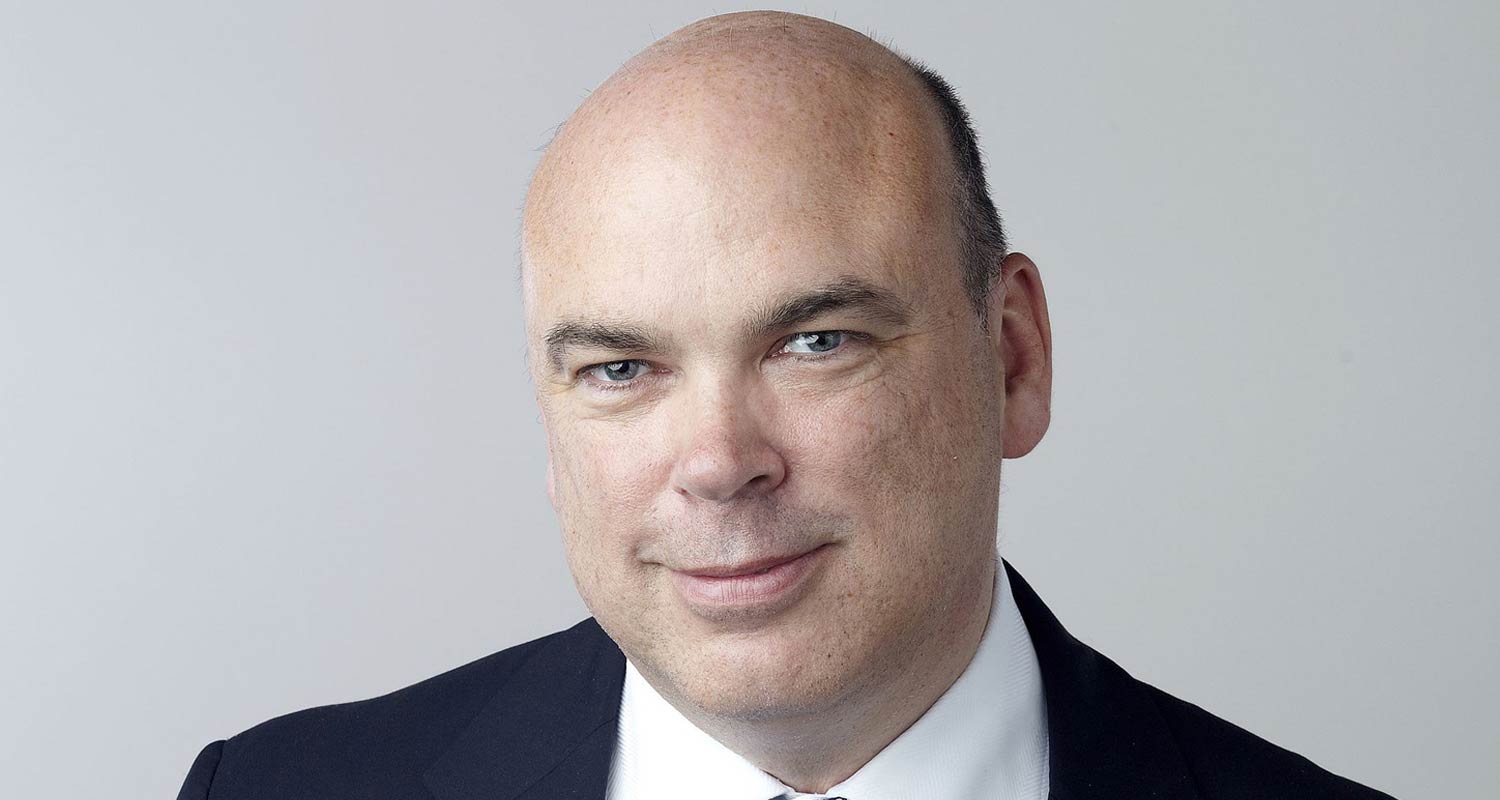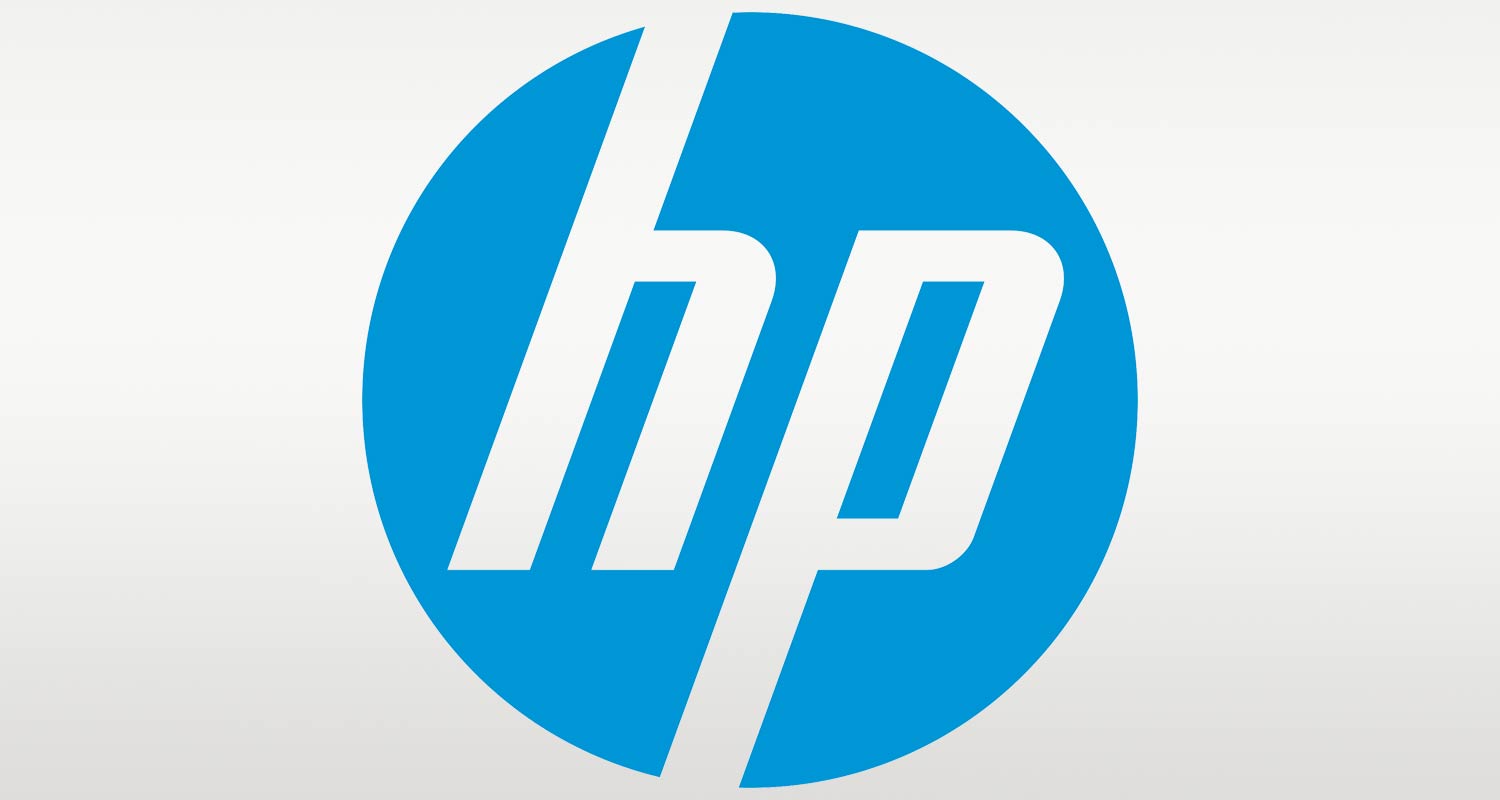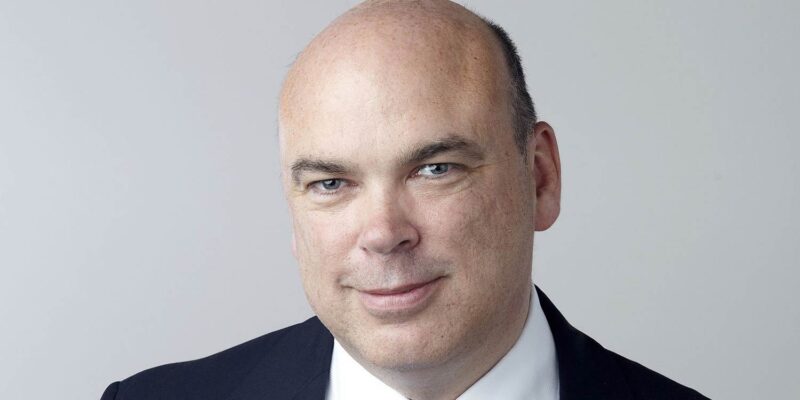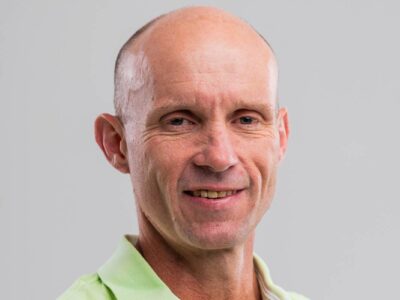
 Mike Lynch. Image: The Royal Society CC-BY-4.0
Mike Lynch. Image: The Royal Society CC-BY-4.0
Autonomy founder Mike Lynch has been acquitted of fraud by a jury in San Francisco, a major win for the entrepreneur who has been dogged by legal problems since the disastrous sale of his company to Hewlett-Packard for US$11-billion in 2011.
Representatives for Lynch and US prosecutors said Lynch was acquitted on all 15 charges — one count of conspiracy and 14 counts of wire fraud, each connected to specific transactions or communications.
Former Autonomy finance executive Stephen Chamberlain, who faced the same charges at trial alongside Lynch, was also acquitted on all counts, the Lynch representative said.
I look forward to returning to the UK and getting back to what I love most: my family and innovating in my field
The trial, where prosecutors said Lynch and Chamberlain schemed to inflate Autonomy’s revenue, was the latest chapter in a legal saga stemming from the failed deal.
The Autonomy sale was one of the biggest British tech deals at the time but quickly went sour, with HP writing down Autonomy’s value by $8.8-billion within a year.
“I am elated with today’s verdict,” Lynch, who was once compared with Apple co-founder Steve Jobs and Microsoft co-founder Bill Gates, said in a statement. “I am looking forward to returning to the UK and getting back to what I love most: my family and innovating in my field.”
Abraham Simmons, a spokesman for the Office of the United States Attorney said: “We acknowledge and respect the verdict.”
At the trial, which lasted three months, jurors heard from more than 30 government witnesses including Leo Apotheker, the former HP CEO who was fired weeks after the Autonomy deal was announced.
Botched deal
Lynch also took the stand in his own defence at the trial, denying wrongdoing and telling jurors that HP botched the two companies’ integration. Prosecutors said Lynch and Chamberlain padded Autonomy’s finances in several ways, including back-dated agreements and “round-trip” deals that fronted cash to customers through fake contracts.
Lynch’s legal team argued at trial that HP was so eager to acquire Autonomy ahead of potential competitors that it rushed through due diligence before the sale.
On the stand, the Cambridge University-educated entrepreneur said he had been focused on tech issues, and entrusted money matters and the accounting decisions at issue to Sushovan Hussain, Autonomy’s then-chief financial officer. Hussain was separately convicted in 2018 at a trial in the same court on charges related to the deal with HP. He was released from US prison in January after serving a five-year sentence.
 Lynch turned ground-breaking research at Cambridge into the foundation of Autonomy, which became Britain’s biggest software company and a member of the blue-chip FTSE 100 index.
Lynch turned ground-breaking research at Cambridge into the foundation of Autonomy, which became Britain’s biggest software company and a member of the blue-chip FTSE 100 index.
He was lauded by academics and scientists and asked to advise the British government on technology and innovation. The Autonomy acquisition was meant to fuel HP’s software business. Instead, it spawned a series of bitter and expensive legal battles. HP largely won a civil lawsuit against Lynch and Hussain in London in 2022, though damages have not yet been decided. The company is seeking $4-billion. — Abhirup Roy, Jody Godoy, (c) 2024 Reuters
Read next: Targeted advertising is coming to WhatsApp











Comments